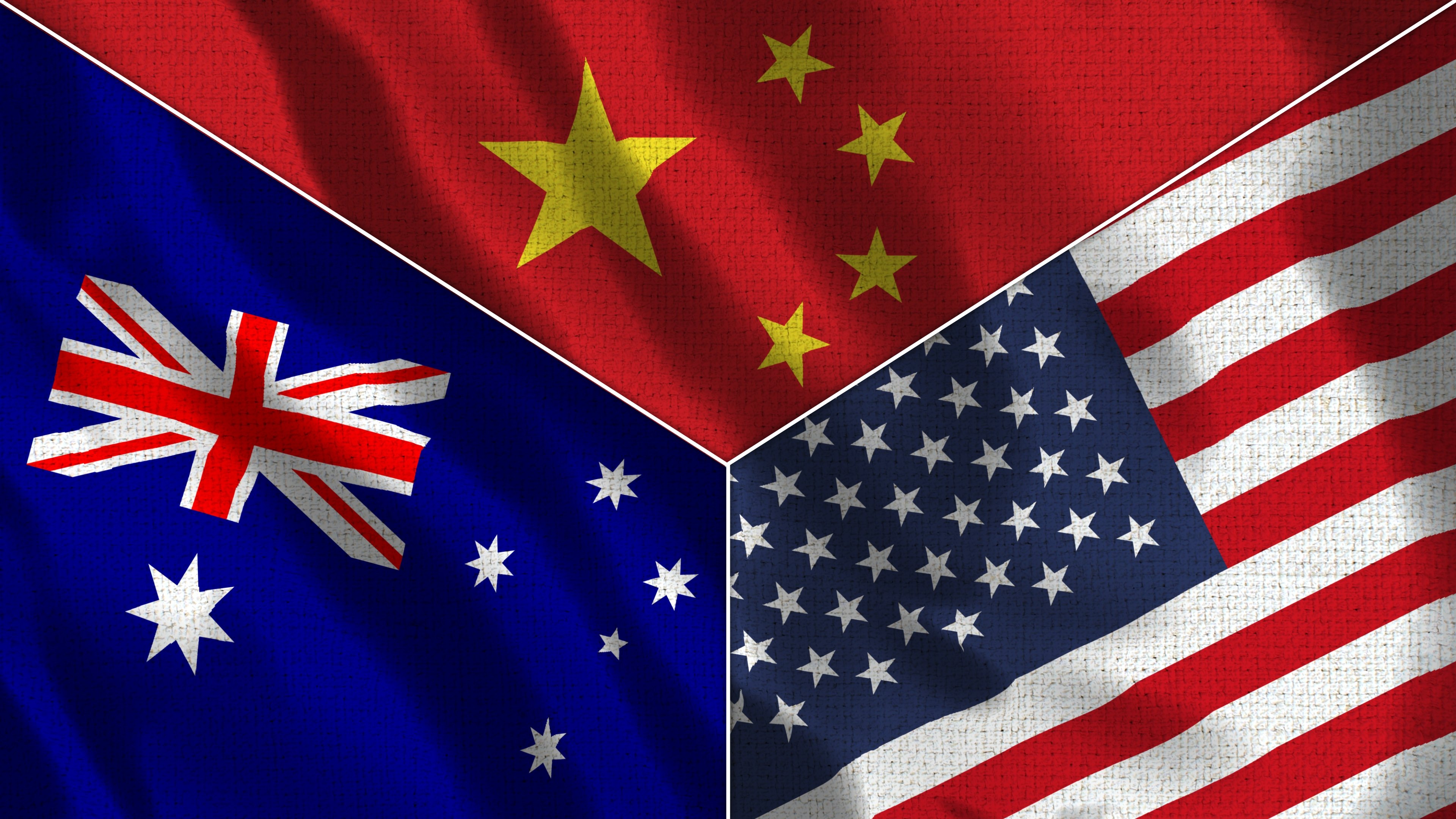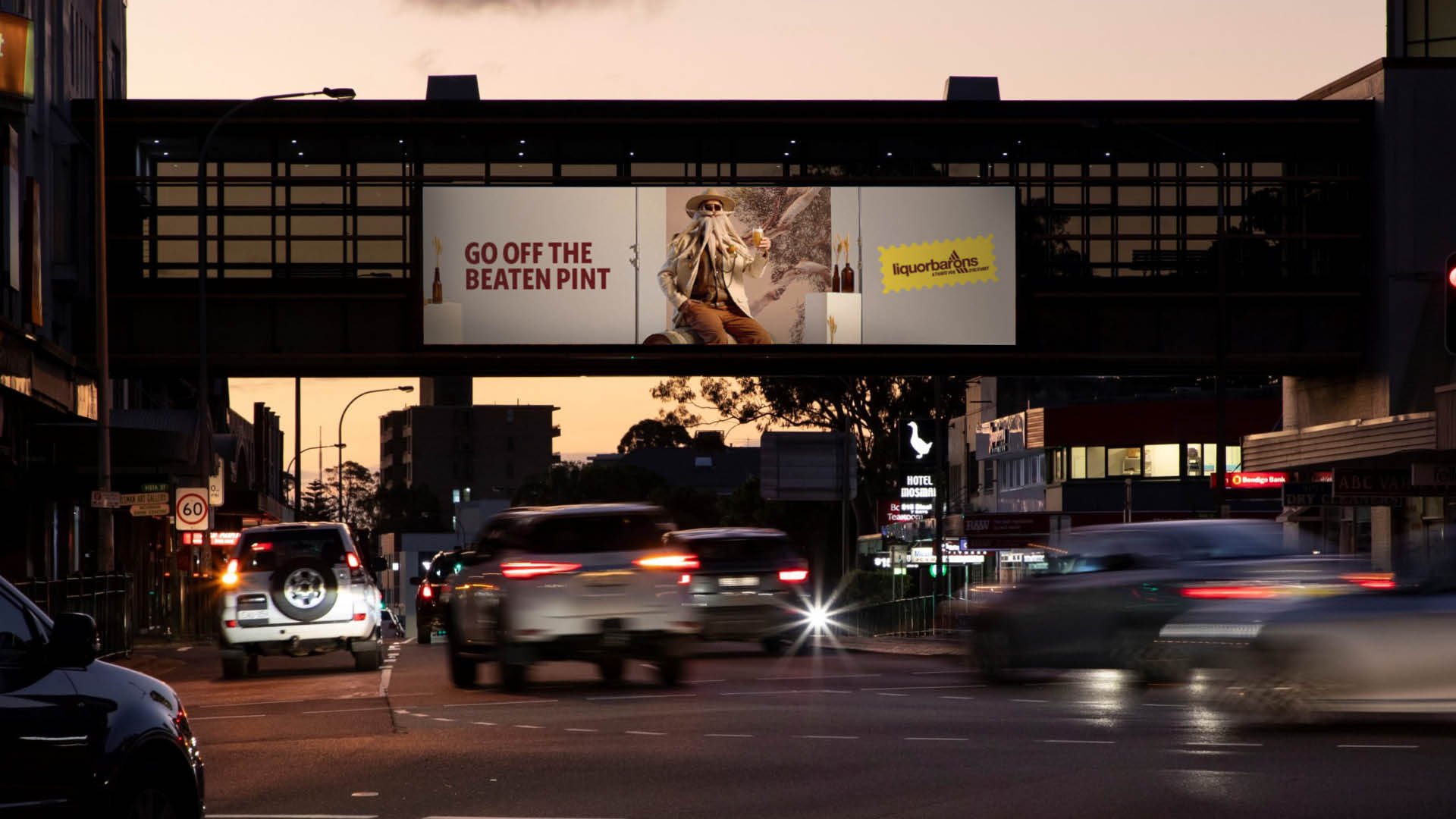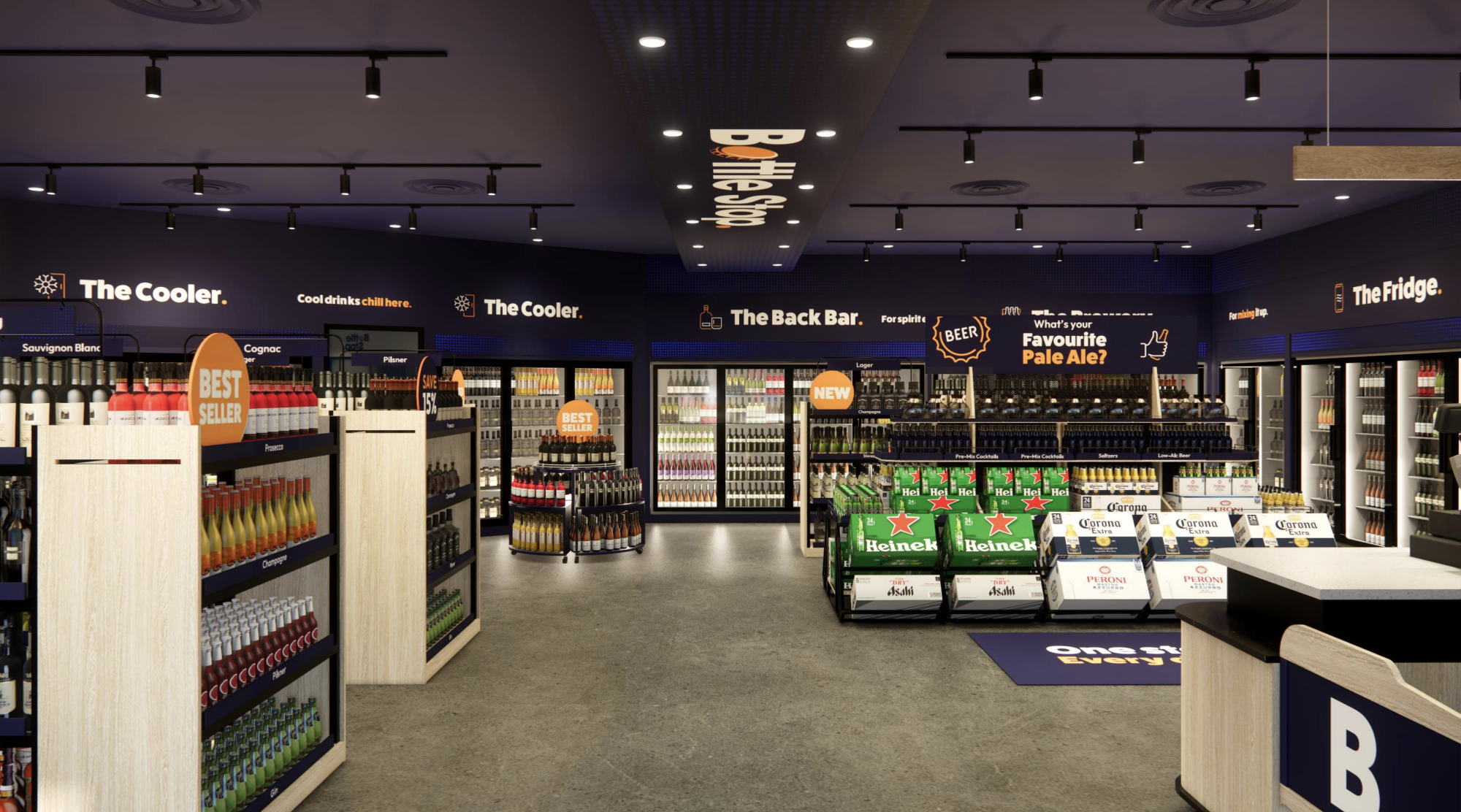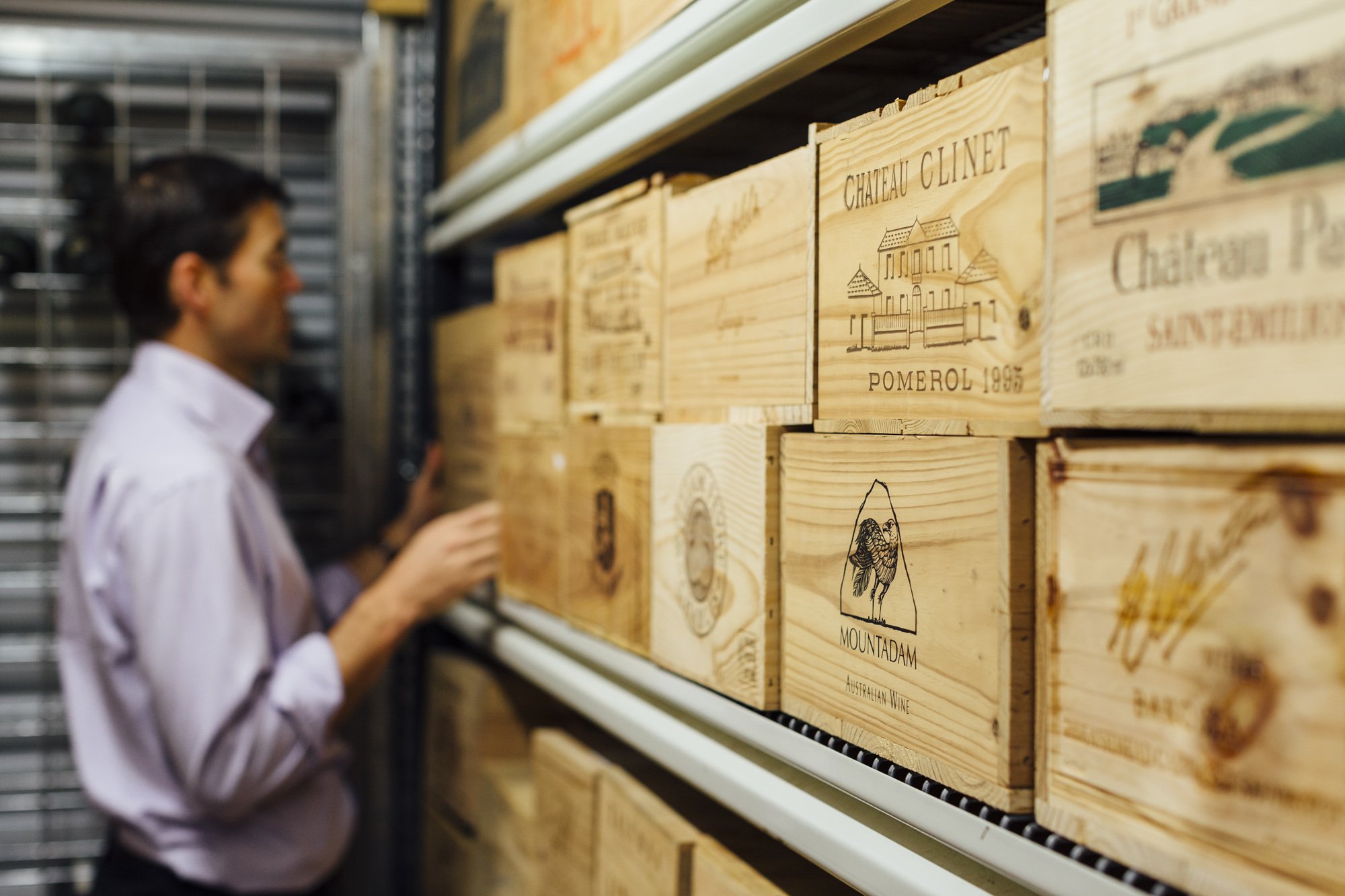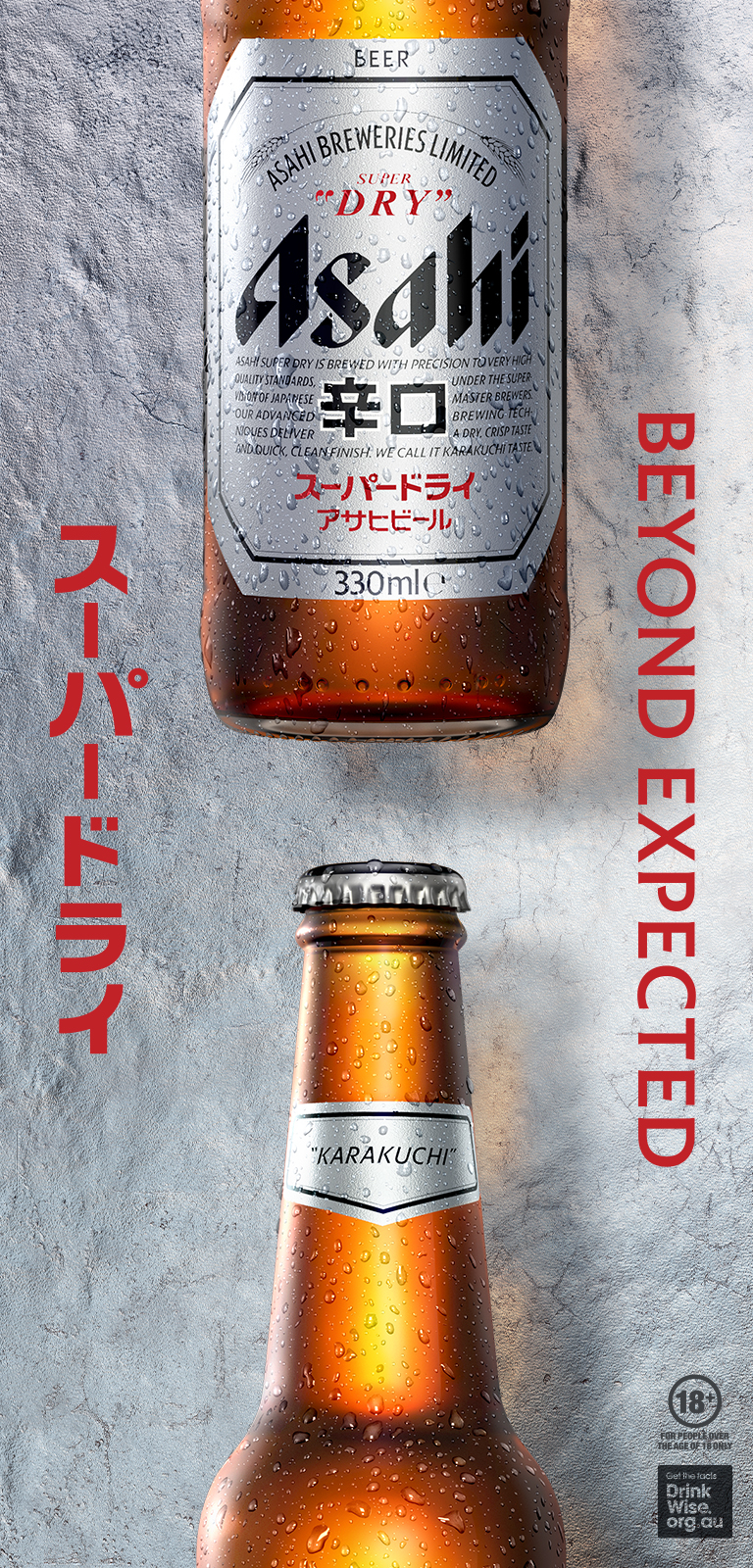Donald Trump’s re-election as President of the United States has already stimulated a significant amount of uncertainty towards Australia's global trade partnerships. While exact impacts are yet to be fully determined, some experts are flagging tariff hikes and a potential US-China trade war as two factors potentially damaging to Australia’s liquor industry.
Ivan Colhoun, Chief Economist at CreditorWatch, says tariffs on goods imported into the US such as wine could increase by 10-20% in an effort to promote local consumption.
“These are much larger and broader tariffs than last time around and therefore should create more inflation; especially as previous tariff rises were implemented in a low inflation period,” he said.
“Trump's policy platform is a sequence of negative supply shocks - tariffs and immigration - alongside demand stimulus via tax cuts. These are all inflationary.”
Given that $287 million of the $340.6 million of Australian wine imported into the US in the 12 months ending in September was priced under $5 per bottle, these tariffs could have a significant impact on Australian wine imports.
Innes Willox, CEO of the Australian Industry Group association, says the Australian Government should actively seek out exemption from these tariffs.
“Australia has benefited for over 20 years from its Free Trade Agreement with the United States which has facilitated the movement of goods, services, capital and people between our two countries,” he said.
“To jeopardise that agreement would be to imperil the prosperity and success of Australian businesses and their employees across the economy.”
Trump’s re-election also presents the possibility of a prolonged trade war between the US and China. This has especially notable consequences given the well-established importance of the mainland China market for Australian wine exports.
Interestingly, China’s importance to Australian exports as a whole is proportionally more significant than its significance to the wine industry. Whereas the latest available Wine Australia export data reveals China to have contributed $611.6 million of the sector’s total $2.4 billion exports, approximately 25%, the latest ABS International Trade data from 2023 shows that exports to China represented $219 billion of Australia’s total $671 billion of exports, just under 33%.
Drinks Trade recently discussed the topic with Mitchell Taylor, Managing Director of Taylors Wines, upon his return from China.
According to Taylor, “there was quite a lot of concern from a lot of the Chinese about Trump mainly because of the duties that he keeps talking about and where that could take world trade, so it'll be interesting to see what they come up with next."
Despite this, Mitchell Taylor believes that the current trade relationship between Australia and China is strong.
“I was talking to Don Farrell about it. He's just recently gone back into the market in China, and he's got very good relationships," he said.
"I think everyone is concerned on the macro scale what will happen to world trade, but we don't feel we'll get caught in any crossfire, particularly on wine, versus other goods and services that are traded internationally.”
Innes Willox, however, believes that Australian businesses will likely end up being collateral damage should the Trump administration proceed with its proposed 60% tariffs on Chinese goods.
“Australian businesses are already reporting market distortions being created in expectation of a US-China trade dispute,” he said.
“This includes increased shipping costs and delays in shipments caused by increased trade between the two nations ahead of the election. Given our strong trade and investment links with both countries, Australia risks being particularly damaged by a trade dispute.”
Following the election, Prime Minister Anthony Albanese congratulated Trump on his win.
“Our Government will work closely with the new Trump Administration to realise the benefits of our strong economic partnership,” he said.
“Australia and America are old allies and we are true friends. Our nations are bound by a history of shared sacrifice, a commitment to common values and – above all – enduring respect and affection between our peoples.”
Both Willox and Colhoun expect the coming years to be a crucial period for Australian industry.
“For the past 80 years, what happens in the United States particularly matters to Australian prosperity given our deep economic and security ties. The next four years will be no different,” said Willox.
“In short, it’s likely to be a volatile time in markets,” concluded Colhoun.
//
Interview: Cracking the Chinese market, with Taylors Wines' Managing Director
Share the content
